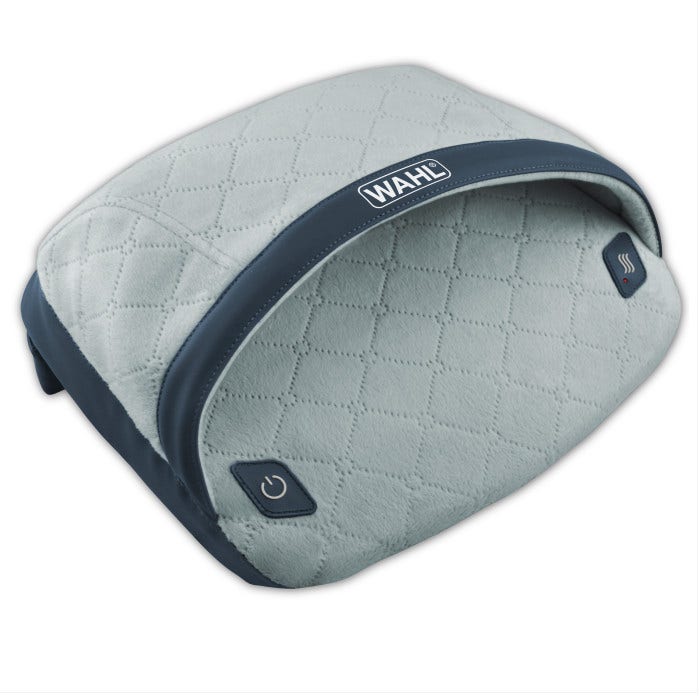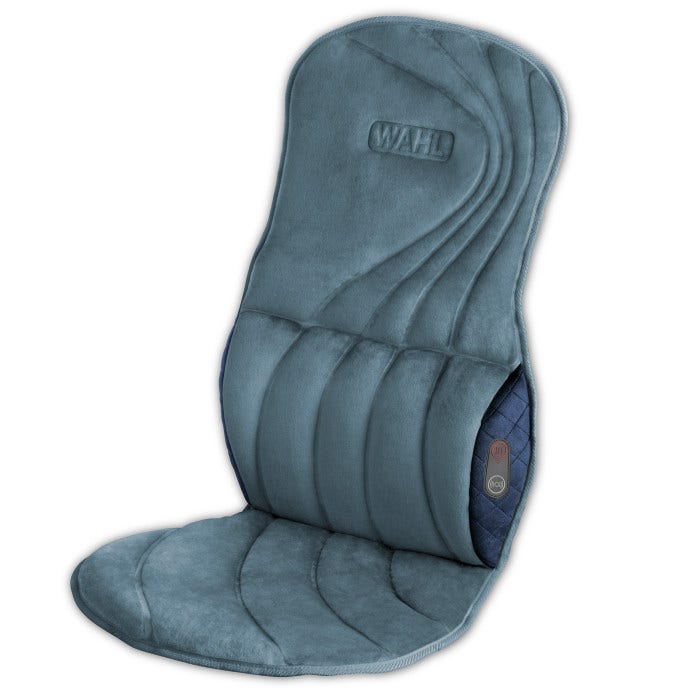
How to Relieve Stress at Work
The vast majority of us have to deal with stress at work. The level differs from job to job but how we deal with stress often determines how successful we are.
Stress-Reducing Tips & Tools to Fit Into Your Work Day
-
1
Take Regular Breaks:
Schedule regular breaks in your work day, preferably involving exercise. Many fitness tracker devices encourage you to get at least 250 steps per hour, which is a good reminder to get up and move on a regular basis throughout the day.
-
2
Prioritize Tasks:
At the start of every day, prioritize your tasks and put the most important ones at the top of the list.
-
3
Stretch:
Get up every hour and stretch to get the circulation going. Stretch your back, neck, legs and shoulders. Use a foam roller for a few minutes. You’ll feel better.
-
4
Leave Your Desk to Eat Lunch:
Eating at your desk sends a message to coworkers that you’re available to work during a time when you should be getting a mental break.
-
5
Be Mindful of What You Eat & Drink (and When):
Limit your coffee and tea intake and stay away from energy drinks, candy, sugars, fast foods and snacks that give you an initial lift … followed by a crash. It manifests itself as stress. Opt for vegetables, fruits, soups and, most importantly, lots of water.
-
6
Adjust Your Schedule:
If awful commutes stress you out, ask if you can add some flex to your schedule. See if you can start your day earlier and end earlier, before the rush hours begin.
-
7
Get Enough Sleep:
We mean at home, not at work! Try to get at least seven hours of sleep the night before. You’ll perform better because fatigue triggers forgetfulness and moodiness.
-
8
Establish Boundaries (and stick to them!):
Separate work and personal life to ensure that you’re not constantly being asked to work or answer emails and phone calls from home, when you should be unwinding and concentrating on personal/family time. Be sure to draw the line during scheduled time off because vacation time is your time.
-
9
Understand the Sources of Your Stressors:
Take time to identify the situations and people who cause the most stress at work. Adjust your schedule and speak with a supervisor to determine a course of action to limit or improve your interactions.
-
10
Use Support Resources:
Many workplaces offer stress management resources, which include employee assistance programs that offer online information, counseling sessions and referral to mental health professionals.
-
11
Exercise Ball:
Use an exercise ball instead of a chair. It encourages core movement throughout the day and helps the skeletal system.
-
12
Stress Ball:
Go for a small, squishy ball that is kept right out on your desk. When the stress starts to build, give it a few squeezes and breathe deeply as you do. It relieves tension in muscles and gives the mind something else to focus on. It also helps prevent carpal tunnel syndrome.
-
13
Foam Roller:
It seems like everyone has them at the gym these days but they’re also handy for work during stretch breaks. They’re inexpensive and they help relieve soreness, increase flexibility and decrease stress levels.
-
14
Lumbar Support:
Strap a lumbar support to your office chair for spine support and better posture, which helps with circulation and decreases stress.
-
15
Foot Massager:
The positive effects of a foot massage are numerous but you don’t need to call on a masseuse. There are lots of portable options ranging from beads to rollers to soothing water models to soothing and warming electric options like Wahl’s Heated Foot Massage with Built-In Foot Rest.
Need help deciding what you need?
Where you hurt and why you’re hurting are two key factors in deciding which massager is best for your specific pain relief.
Product SelectorMore Stress Relief Tips
Prioritize Recovery

Rest and/or active recovery: First of all, ease into workouts. If you haven’t been working out on a regular basis, going full throttle right away, particularly with consecutive-day workouts, is going to result and aching muscles.
Hydration is Key

Hydrate: Drinking water during and after exercise helps the body rid itself of toxins, while fighting off dehydration, which can result in painful muscles and excruciating muscle cramps.
Eating Properly

Proper nutrition: Protein sources are necessary to rebuild muscle tissue and fuel the function of various cells, tissues and enzymes. Carbohydrates are vital, as well.
Related Videos


 India (English)
India (English)
 Middle East and Africa (English)
Middle East and Africa (English)
 South Africa (English)
South Africa (English)
 Australia (English)
Australia (English)
 Japan (日本語)
Japan (日本語)
 South East Asia (English)
South East Asia (English)
 Singapore (English)
Singapore (English)
 Europe (English)
Europe (English)
 France (French)
France (French)
 Germany (German)
Germany (German)
 Hungary (Hungarian)
Hungary (Hungarian)
 Italy (Italian)
Italy (Italian)
 Poland (Polish)
Poland (Polish)
 Portugal (Portuguese)
Portugal (Portuguese)
 Russia (Russian)
Russia (Russian)
 Spain (Español)
Spain (Español)
 The Netherlands (Dutch)
The Netherlands (Dutch)
 Turkey (Turkish)
Turkey (Turkish)
 United Kingdom (English)
United Kingdom (English)
 Argentina (Español)
Argentina (Español)
 Brazil (Portuguese)
Brazil (Portuguese)
 Colombia (Español)
Colombia (Español)
 Latin America (Español)
Latin America (Español)
 México (Español)
México (Español)
 Chile (Español)
Chile (Español)
 Peru (Español)
Peru (Español)
 Canada (English)
Canada (English)





